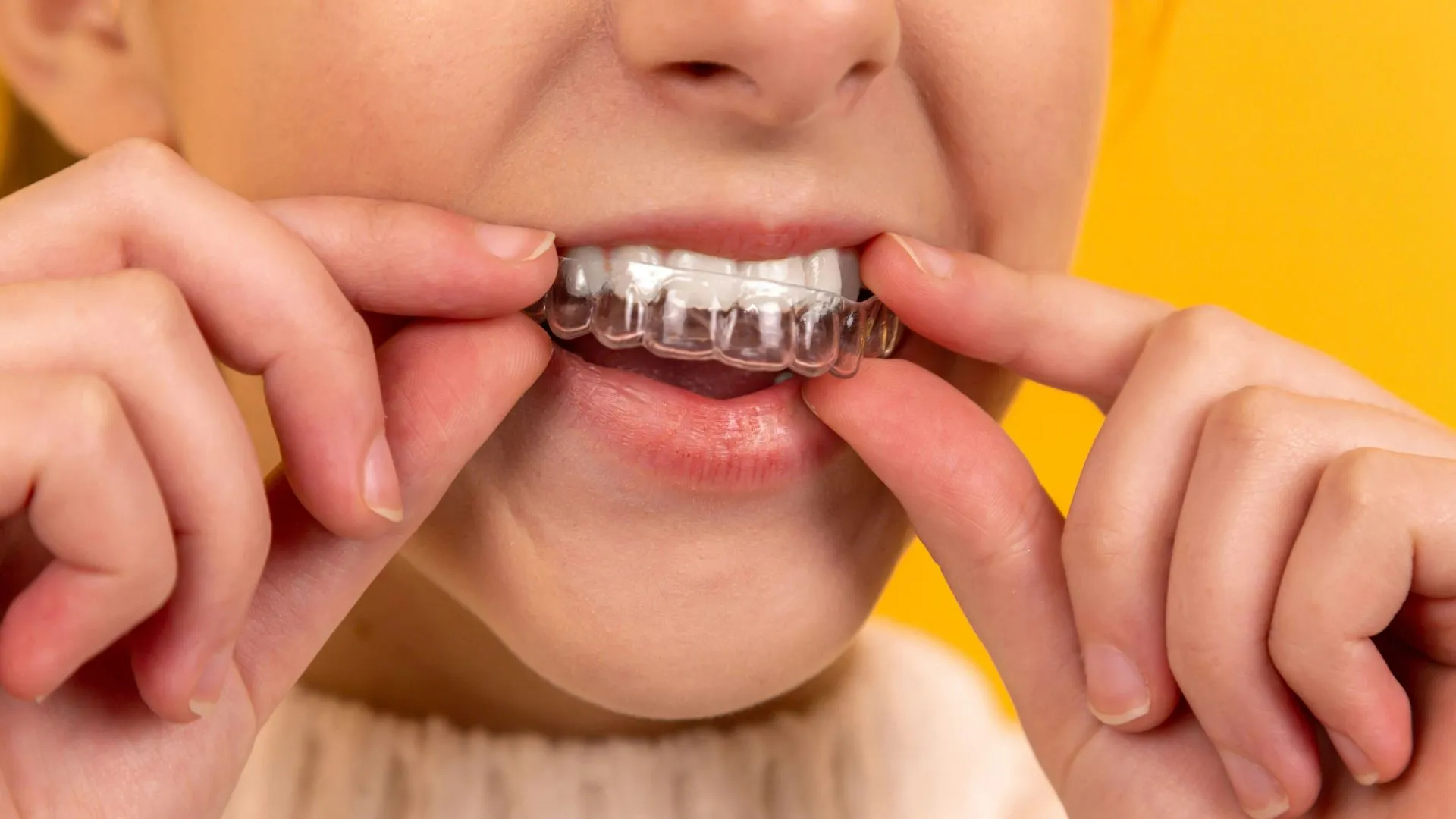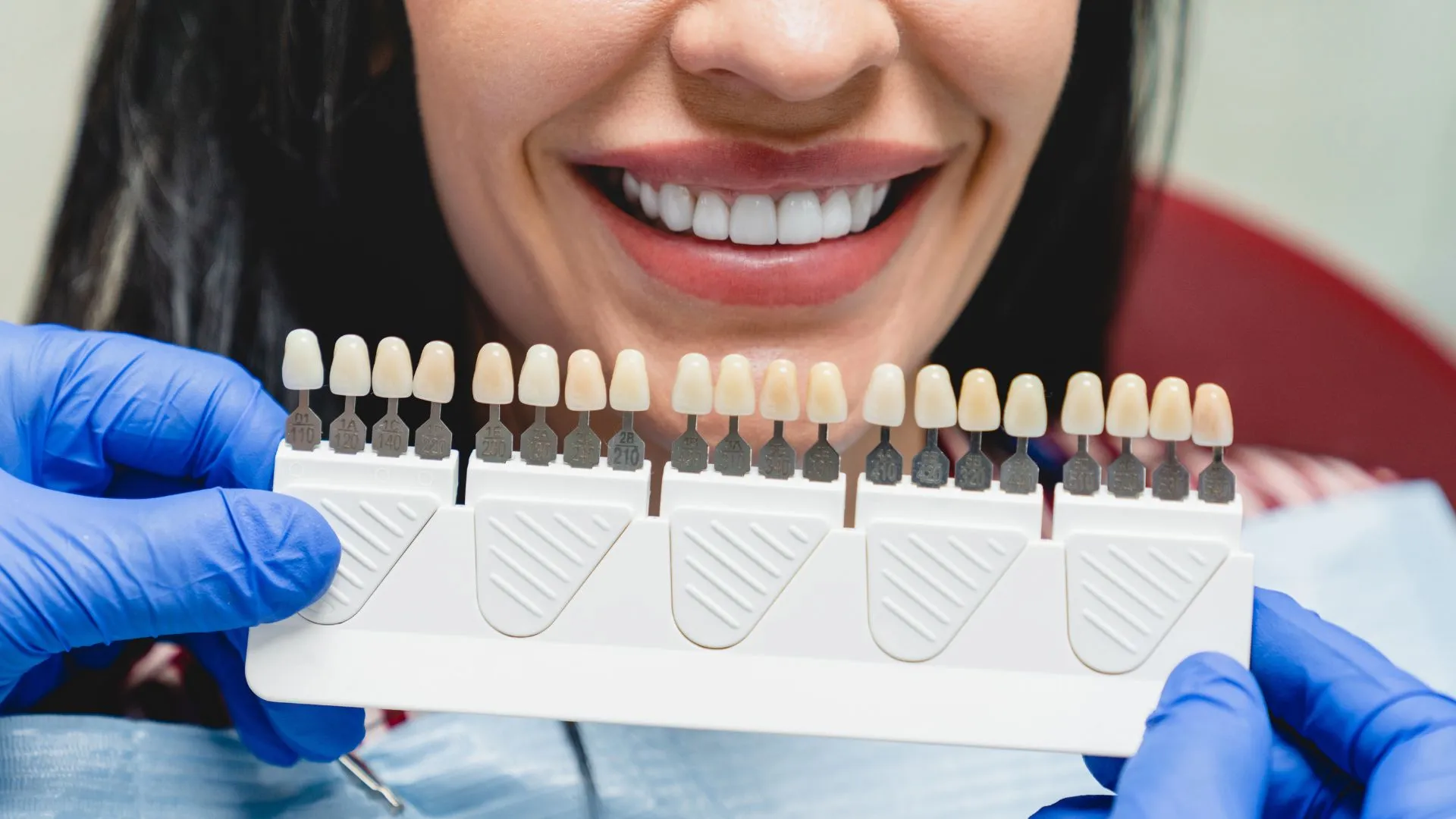We have all been told that it is important to care for our teeth and that if we do not take care of them, we could lose them. While the idea of dentures and tooth loss probably does not appeal to most people, it could have a more serious impact than…
We have all been told that it is important to care for our teeth and that if we do not take care of them, we could lose them. While the idea of dentures and tooth loss probably does not appeal to most people, it could have a more serious impact than we knew. New studies are showing that good oral hygiene not only affects your teeth but your overall health.
One study, in particular, examines the link between the number of teeth a person has and their cognitive function. In particular, the article examines whether tooth loss can lead to a decrease in cognitive function and an increase in diseases like dementia.
One of the reasons that these studies are so important is that North America is facing an increasingly aging population and an increase in cognitive diseases such as Alzheimer’s or dementia. These diseases are awful to live with, but they also place a burden on the healthcare system as many who suffer from these diseases will require long-term care. Cognitive impairment has become such a pressing concern that researchers have started trying to find the cause, or at least if there are any known links.
One of these possible causes may be poor oral hygiene. We have been told since childhood that It is important to care for our teeth, but the reasons go beyond having a nice smile. Poor oral hygiene can lead to multiple health problems and long-term consequences. An infected tooth can lead to infection, but what if it goes beyond that? What if our bodies are so linked that how we care for teeth has a direct impact on our long-term health and even our brain function? That is exactly the type of link this study is trying to examine.
In particular, the paper focused on the idea that tooth loss, not just poor oral hygiene, can have a direct impact on cognitive function and whether it can be considered a cause of dementia. This study was done by examining past articles and studies and looking to see if there was any proven link between the number of teeth and cognitive function. The results showed that yes, there does seem to be a link and that if you have less than 20 teeth you have a 20 percent higher chance of developing dementia, or some other cognitive impairment.
This study, and others like it, could be important for understanding cognitive health, but also for teaching the importance of oral hygiene. By taking good care of your teeth and preserving your original teeth, you could be taking steps to guarantee your long-term health. The more we learn about how oral health, the more we should realize just how important our teeth are and just how important it is to start teaching good oral health strategies from a young age because it could prevent long-term strain on the health care industry. Healthy teeth can be vital to living a healthy life.



